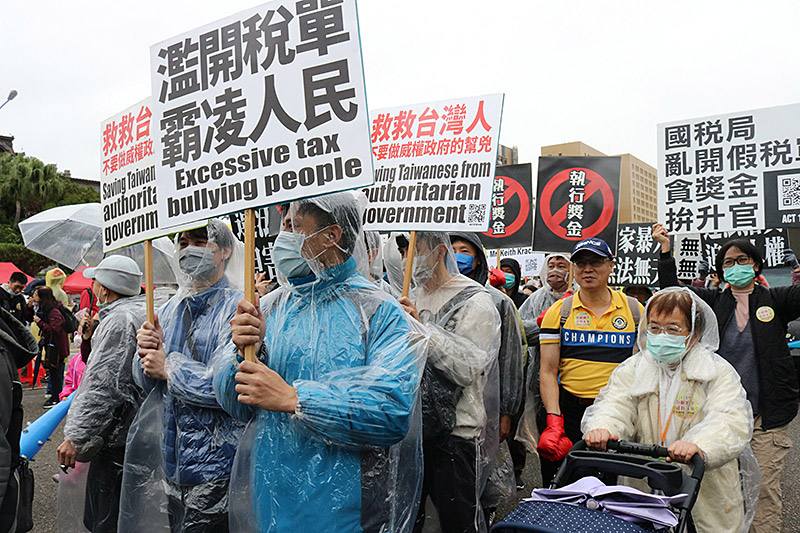Parliaments can play leading role in tackling today’s crises, Ban says
The world’s elected parliamentarians can play a leading role in tackling some of today’s global crises and challenges, including unconstitutional changes of government and threats to the rule of law, Secretary-General Ban Ki-moon stressed today.
“Like never before, the world needs your leadership. The world needs your strong, effective, outspoken parliaments,” Mr. Ban said in remarks to the Inter-Parliamentary Union (IPU) World Conference of Speakers of Parliament, taking place in Geneva.
“You may have varying powers and ambitions but you are the true backbone of democracy. You make the laws. By your very diversity, you are the voice of the people,” he added.
The Secretary-General noted that since the group last met five years ago, the world has been shaken by crises in the areas of finance and food, as well as ongoing conflicts in the Democratic Republic of the Congo (DRC) and Sudan, natural disasters, most recently in Haiti, and the menaces of nuclear weapons proliferation, terrorism and transnational organized crime.
He said the leadership of the world’s elected lawmakers is needed in four areas.
“First, it is you who must act on the great challenges of our times. It is you again who must ratify treaties on climate change, nuclear non-proliferation, economic development… and much else.
“And again, it is you, the parliamentarians, who must fund these commitments. It is you who must remind governments of their international obligations,” he stated.
Secondly, Mr. Ban emphasized that parliaments can and should be a force for stability, noting that democracies rarely wage war against each other and that civil wars break out less frequently in well-established democracies.
“Parliaments help to resolve ethnic, religious and economic tensions. They reinforce justice and the rule of law. They can help advance the interests of women and minority groups.”
Parliaments are also essential in advancing development and creating prosperity, he stated, which is particularly important as the 2015 deadline for the Millennium Development Goals (MDGs) – global targets to reduce poverty, hunger and ill-health – is only five years away.
“We have made progress, but we must step up the pace,” said the Secretary-General, who will convene a high-level summit in September in New York to advance progress on the Goals.
He added that parliaments can write the laws and invest in programmes that will achieve the MDGs. “You are on the front lines, fighting for your people for basic services like safe water and sanitation, primary education and health care.
“It is again up to you to mobilize and prepare your governments for our final push towards the Goals,” he said.
Mr. Ban also highlighted the leadership needed from parliaments on the issue of nuclear non-proliferation and disarmament, an area that has recently seen some signs of progress, including the conclusion of a new arms reduction treaty between the United States and Russia.
“With these building blocks, we are inching closer to a world free of nuclear weapons. But much more needs to be done,” said the UN chief, voicing his hope that the 2nd Nuclear Security Summit to be held in 2012 in the Republic of Korea, his home country, will be a great success in helping realize the goal of a world free of nuclear weapons.
He also cited the need for urgent progress towards the entry into force of the Comprehensive Nuclear-Test-Ban Treaty (CTBT), as well as to revitalize the Conference on Disarmament – the world’s sole multilateral disarmament negotiating forum.
In addition, Mr. Ban expressed his concern at recent reversals in democracy, including many cases of unconstitutional changes of government, in Africa and elsewhere, which puts hard-won development gains at risk and breeds instability.
“Constitutional rule is not always shattered in a single blow. It can suffer death by a thousand cuts, as when governments manipulate constitutional, political and electoral processes to extend their term in office,” he stated.
International criminal networks pose yet another threat to the rule of law, he added, noting that they spread corruption, compromise elections and damage the legitimate economy.
“Such threats remind us that there is nothing inevitable about democratic development. It comes through hard work, vision, leadership… and sustained effort.
“People rightly look to the United Nations to help,” he said. “They look to us to help democracy, to recover from war, to help uphold the rule of law and to shine a spotlight on shortcomings and outright abuses.
“But above all, people look to you, their chosen and elected parliamentarians. You are part of a universal democratic ideal. You are proof that democracy is not a model imposed by one part of the world on another, you are evidence that democracy is a yearning shared and voiced by people the world over.”
The Secretary-General met with a number of officials on the sidelines of the meeting, including Ali Larijani, Speaker of Iran’s Parliament, with whom he discussed the country’s nuclear issue, combating terrorism and drug trafficking, and the situations in Iraq, Afghanistan and Gaza.
Last month the Security Council imposed a fourth round of UN sanctions against Iran, while demanding that the country suspend its enrichment activities and peacefully resolve outstanding concerns over the nature of its nuclear programme, which Tehran has stated is for peaceful purposes but some other countries contend is driven by military ambitions.
Mr. Ban “stressed the importance of an early resolution to this issue, through dialogue and full compliance with all relevant Security Council resolutions,” said his spokesperson, Martin Nesirky.
Source: UN News
- 516 reads
Human Rights
Protecting the World’s Cultural Diversity for a Sustainable Future

The Peace Bell Resonates at the 27th Eurasian Economic Summit

Declaration of World Day of the Power of Hope Endorsed by People in 158 Nations

Awakening of Conscience - Promise Taiwan’s Rebirth and Hopeful Future

Puppet Show I International Friendship Day 2020

